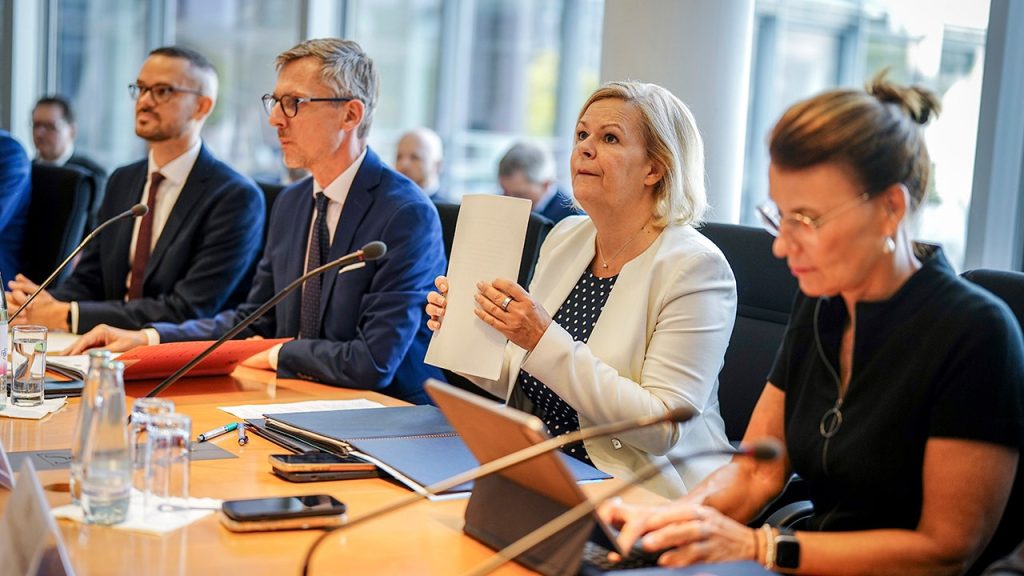Germany deported 28 Afghan nationals back to their homeland, marking the first deportation since the Taliban regained power in August 2021. The government spokesperson described the individuals as convicted criminals, but did not specify their offenses. This move was seen as a prioritization of Germany’s national security interests over the protection of individuals who pose a threat. Chancellor Olaf Scholz emphasized that criminals who commit offenses cannot expect to avoid deportation, highlighting the government’s commitment to enforcing the law.
The deportations were met with criticism from Amnesty International, with the organization accusing the government of succumbing to political pressure during an election campaign. Amnesty International argued that Afghanistan is not a safe place to return individuals to, and alleged that the deportations violate international law. The lack of diplomatic relations between Germany and the Taliban means that other channels were used to facilitate the deportations. The move is unlikely to lead to an improvement in relations between Germany and the Taliban, especially following the implementation of controversial morality laws in Afghanistan.
The deportation of the Afghan nationals comes in the wake of a deadly knife attack in Solingen, where the suspect was a Syrian citizen who had applied for asylum in Germany. The suspect, who was meant to be deported to Bulgaria the previous year, evaded deportation and was later arrested on charges of murder and terrorism. The Islamic State claimed responsibility for the attack, although the validity of this claim could not be independently verified. The incident has reignited debate over immigration in Germany, especially in the lead-up to regional elections where anti-immigration parties are expected to perform well.
Interior Minister Nancy Faeser announced plans to tighten knife laws and make deportations easier in response to mounting concerns over public safety. The move to deport criminals from Afghanistan and Syria was motivated by a previous knife attack that resulted in the death of a police officer and injuries to several other individuals. The government, led by Chancellor Scholz, is prioritizing security measures to address public safety concerns and ensure the enforcement of the law. The actions taken by the German government in response to recent attacks underscore the complex challenges surrounding immigration and national security.
In conclusion, the recent deportations of Afghan nationals by Germany highlight the ongoing tensions between national security concerns and humanitarian considerations. The government’s decision to prioritize law enforcement and public safety has drawn criticism from human rights organizations, who argue that Afghanistan is not a safe place for deported individuals. The deportation of convicted criminals, in the midst of heightened security threats and anti-immigrant sentiments, reflects the complexities of navigating immigration policies in a changing global landscape. As Germany grapples with the aftermath of recent attacks and political pressures, the government faces the challenge of balancing security measures with human rights considerations in its approach to immigration enforcement.















